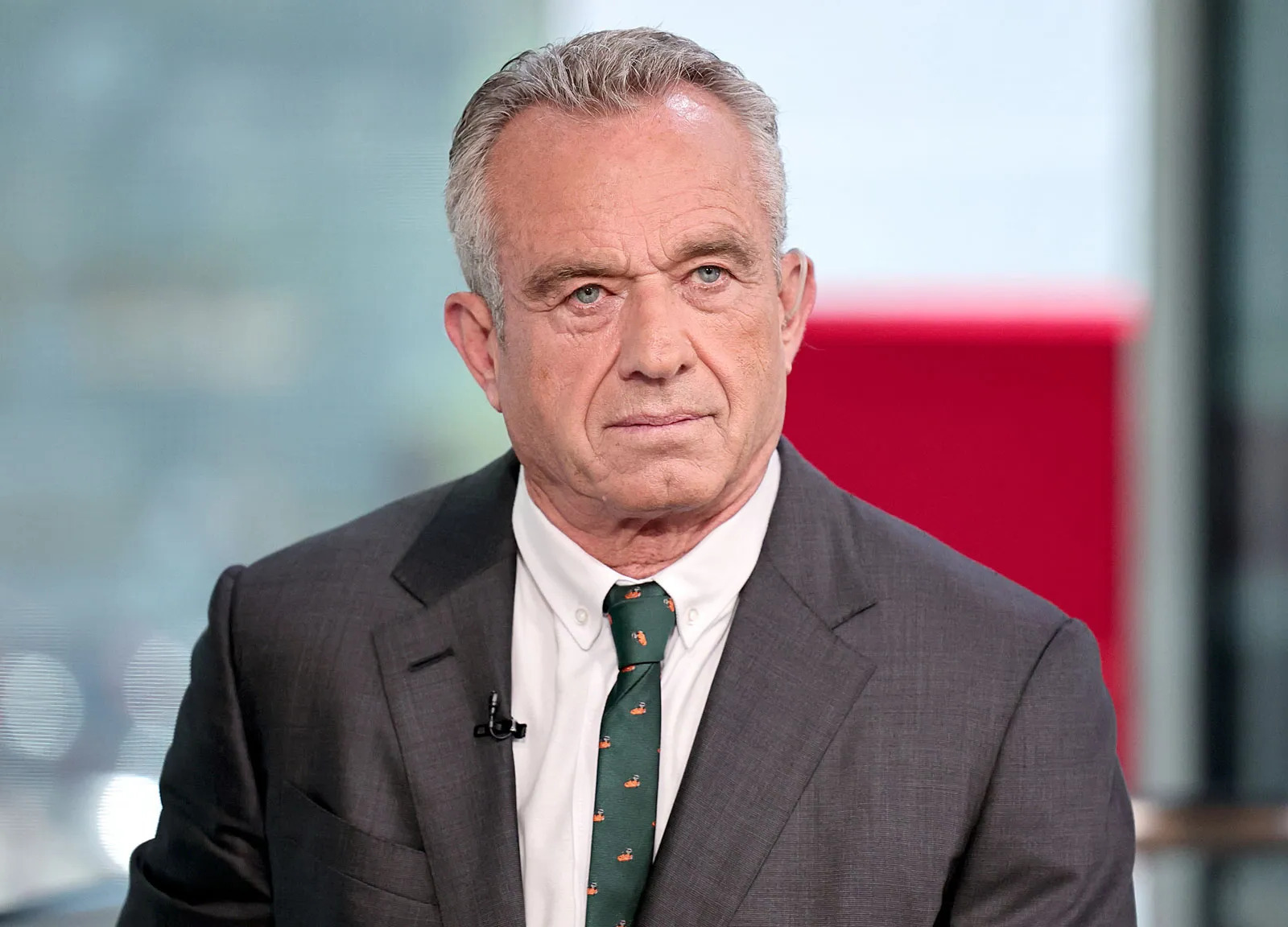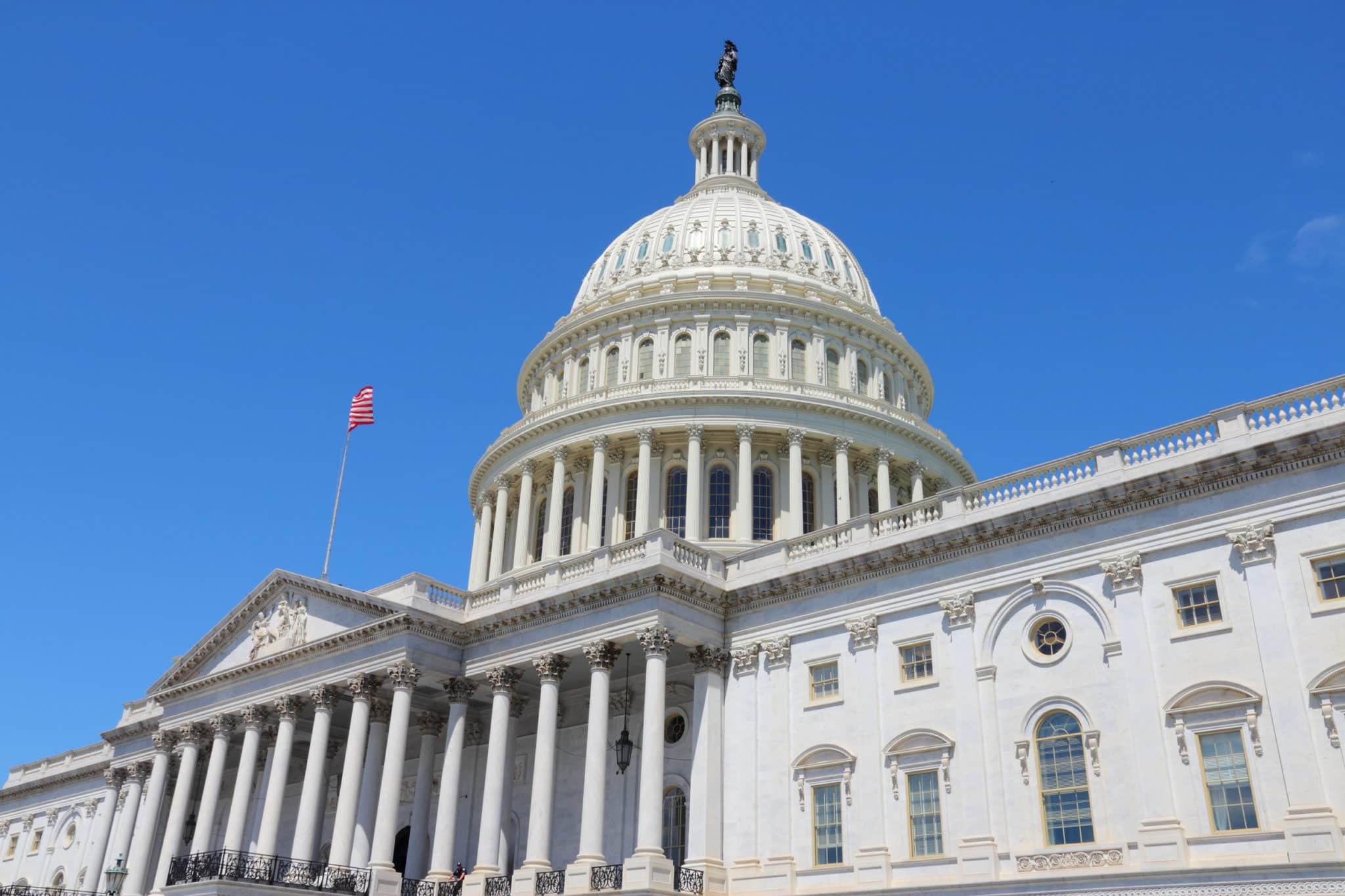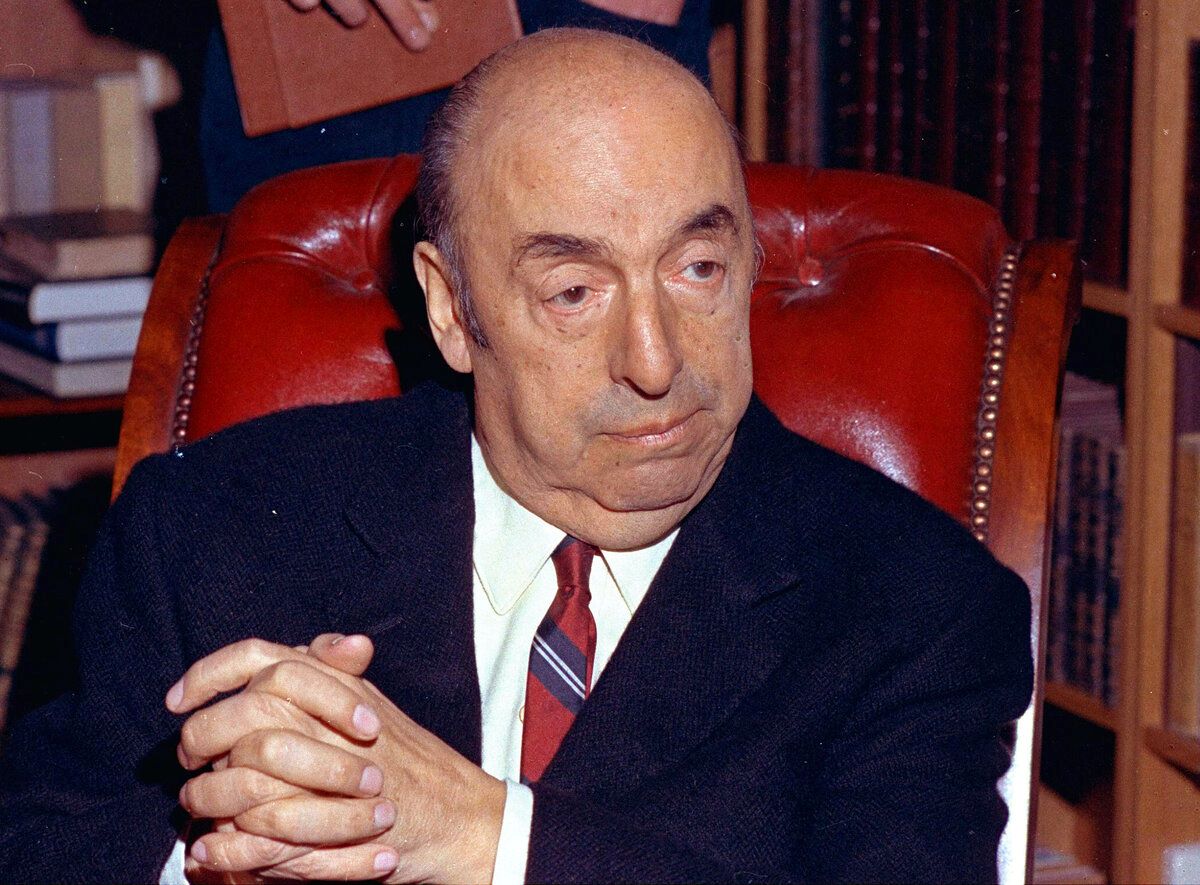
Robert F. Kennedy, often remembered as RFK, was a pivotal figure in American history. Born into the influential Kennedy family, he carved his own path as a dedicated public servant. Did you know he served as the U.S. Attorney General under his brother, President John F. Kennedy? His commitment to civil rights and social justice left a lasting impact. Tragically, his life was cut short when he was assassinated in 1968 while campaigning for the presidency. But what else do you know about this remarkable man? Here are 35 intriguing facts about Robert F. Kennedy that might surprise you.
Early Life and Family Background
Robert F. Kennedy, often referred to as Bobby, was a prominent figure in American politics. His life was filled with notable events and achievements. Let's delve into some fascinating facts about his early years and family.
-
Born on November 20, 1925, in Brookline, Massachusetts, Robert Francis Kennedy was the seventh of nine children in the Kennedy family.
-
His father, Joseph P. Kennedy Sr., was a wealthy businessman and a prominent political figure, serving as the U.S. Ambassador to the United Kingdom.
-
Rose Fitzgerald Kennedy, his mother, was known for her strong Catholic faith and dedication to her children's education and upbringing.
-
The Kennedy family was often referred to as "American royalty" due to their wealth, influence, and public service.
-
Bobby attended several prestigious schools, including the Milton Academy and Harvard University, where he played football.
Military Service and Education
Before diving into politics, Robert F. Kennedy had a brief stint in the military and pursued higher education.
-
In 1944, at the age of 18, he enlisted in the U.S. Navy during World War II, serving as a seaman apprentice.
-
After the war, he returned to Harvard and graduated in 1948 with a degree in government.
-
He then attended the University of Virginia School of Law, earning his law degree in 1951.
Political Career and Achievements
Robert F. Kennedy's political career was marked by significant contributions and milestones. Here are some key facts about his time in politics.
-
He began his political career as a campaign manager for his brother John F. Kennedy's successful Senate campaign in 1952.
-
In 1953, he joined the Senate Permanent Subcommittee on Investigations, where he gained a reputation for his work against organized crime.
-
Bobby served as the chief counsel for the Senate McClellan Committee, investigating labor racketeering and corruption.
-
He played a crucial role in his brother John's presidential campaign in 1960, helping him secure the Democratic nomination and win the election.
-
Appointed as the U.S. Attorney General in 1961, he served in this role until 1964, focusing on civil rights and combating organized crime.
-
He was a strong advocate for the Civil Rights Movement, supporting desegregation and voting rights for African Americans.
-
In 1964, he was elected as a U.S. Senator from New York, where he continued to champion social justice and anti-poverty programs.
Personal Life and Tragedies
Robert F. Kennedy's personal life was filled with both joy and sorrow. Here are some notable aspects of his personal experiences.
-
He married Ethel Skakel in 1950, and together they had 11 children.
-
The Kennedy family faced numerous tragedies, including the assassination of his brother, President John F. Kennedy, in 1963.
-
Bobby was deeply affected by his brother's death and became a vocal advocate for gun control and mental health awareness.
-
He was known for his compassion and dedication to helping those in need, often visiting impoverished communities and advocating for social change.
Assassination and Legacy
Robert F. Kennedy's life was tragically cut short, but his legacy continues to inspire many. Here are some key facts about his assassination and lasting impact.
-
On June 5, 1968, while campaigning for the Democratic presidential nomination, he was shot at the Ambassador Hotel in Los Angeles.
-
He succumbed to his injuries on June 6, 1968, at the age of 42, leaving behind a grieving family and nation.
-
His assassination led to increased security measures for political candidates and public figures.
-
Bobby's funeral was held at St. Patrick's Cathedral in New York City, attended by thousands of mourners.
-
He was buried at Arlington National Cemetery, near his brother John F. Kennedy's grave.
-
The Robert F. Kennedy Memorial was established in his honor, promoting human rights and social justice.
Influence on American Politics and Society
Robert F. Kennedy's influence extended beyond his lifetime, shaping American politics and society in various ways.
-
His commitment to civil rights and social justice inspired future generations of activists and politicians.
-
The Robert F. Kennedy Center for Justice and Human Rights continues his work, advocating for human rights worldwide.
-
Numerous schools, streets, and public buildings have been named in his honor, reflecting his lasting impact on American society.
-
His speeches and writings continue to be studied and quoted, highlighting his vision for a more just and equitable world.
-
The Kennedy family remains a prominent force in American politics, with several members continuing Bobby's legacy of public service.
Cultural Impact and Media Representation
Robert F. Kennedy's life and legacy have been depicted in various forms of media, contributing to his enduring cultural impact.
-
Several books and documentaries have been produced about his life, including the acclaimed biography "Robert Kennedy: His Life" by Evan Thomas.
-
He has been portrayed by numerous actors in films and television series, such as "Bobby" (2006) and "The Kennedys" (2011).
-
His speeches, particularly those on civil rights and social justice, are often cited in discussions about American history and politics.
-
The Robert F. Kennedy Journalism Awards were established to honor outstanding reporting on human rights and social justice issues.
-
His legacy continues to inspire artists, writers, and filmmakers, ensuring that his contributions to American society are remembered and celebrated.
Final Thoughts on Robert F. Kennedy
Robert F. Kennedy's life was a blend of passion, dedication, and tragedy. His commitment to civil rights, social justice, and public service left a lasting impact on American society. From his role as Attorney General to his presidential campaign, RFK's efforts to bridge divides and champion the underprivileged remain inspiring. His tragic assassination cut short a promising journey, but his legacy endures through the policies he championed and the lives he touched. Understanding these 35 facts about RFK offers a glimpse into the man behind the name, highlighting his contributions and the enduring relevance of his ideals. Whether you're a history buff or just curious, RFK's story is a testament to the power of compassion, courage, and conviction.
Was this page helpful?
Our commitment to delivering trustworthy and engaging content is at the heart of what we do. Each fact on our site is contributed by real users like you, bringing a wealth of diverse insights and information. To ensure the highest standards of accuracy and reliability, our dedicated editors meticulously review each submission. This process guarantees that the facts we share are not only fascinating but also credible. Trust in our commitment to quality and authenticity as you explore and learn with us.


